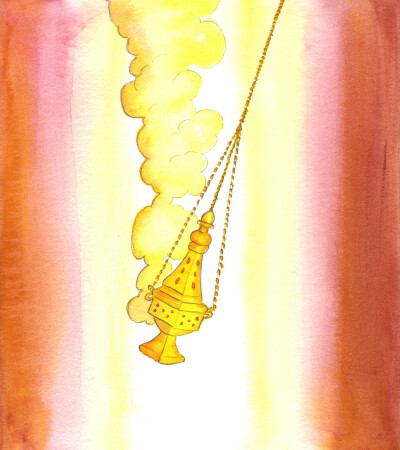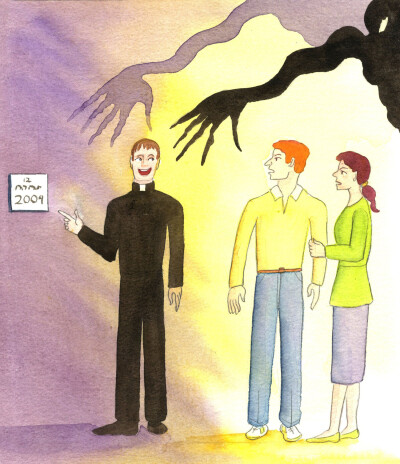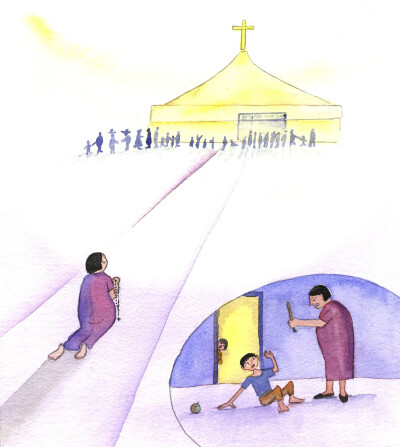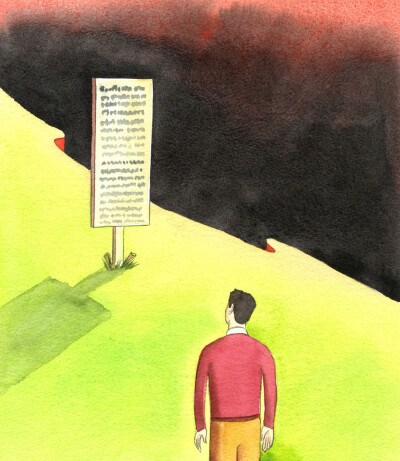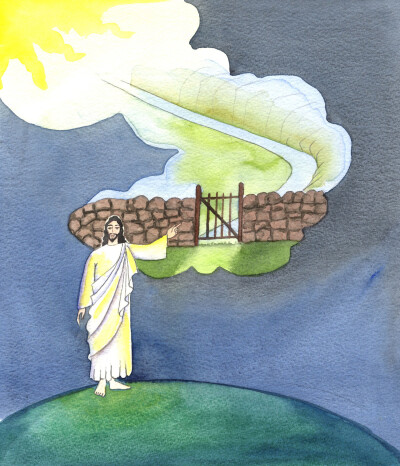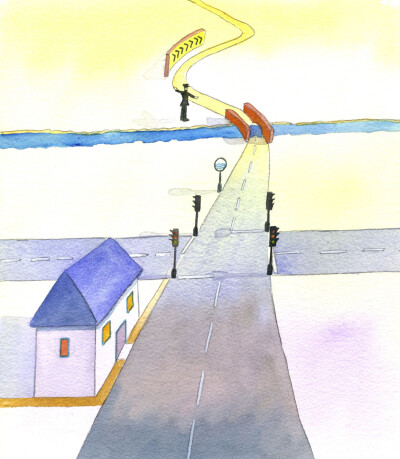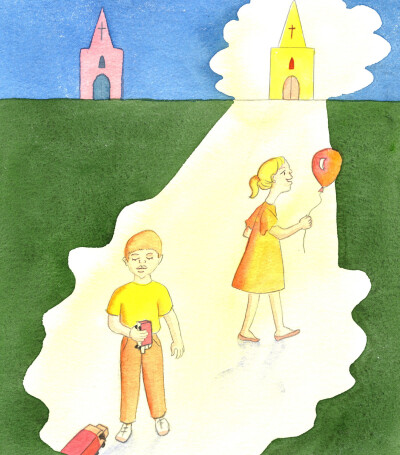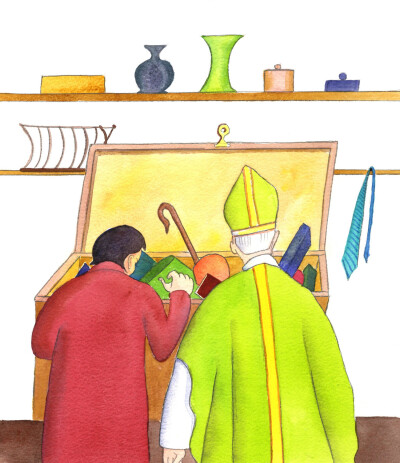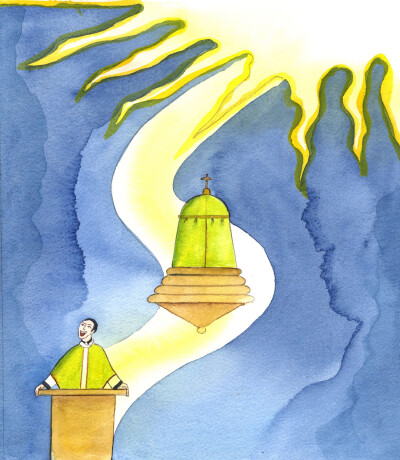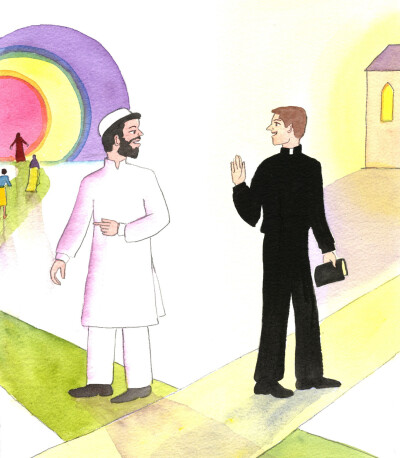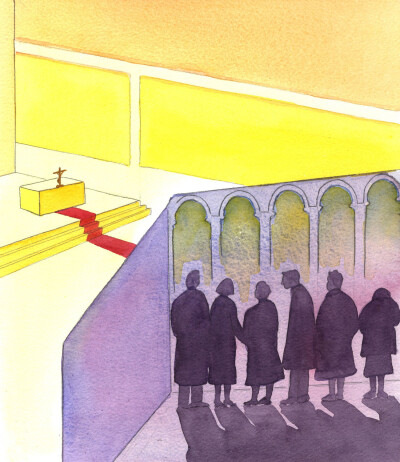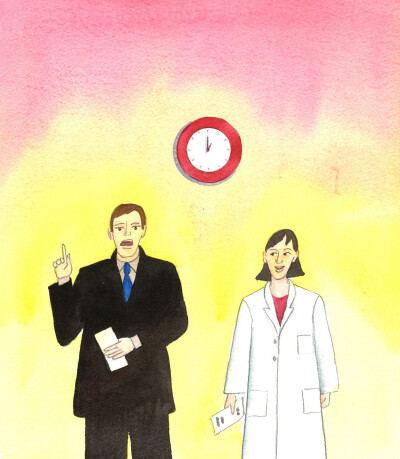Search Page
Showing 261 - 280 of 322
Everyone has a desire to pray, unless it is stifled by false teaching. Almighty God sees and hears everything that is said or done by people on earth. He loves everyone; yet those who have freely chosen to repent and to believe in His Son and to share His life through Baptism can be confident that God hears them because they already live 'in Christ', as if enclosed in a great flame of Divine charity which has reached out across the Abyss which separates earth from Heaven. Children of God should be confident in prayer.
When people are taught about the Mass, the focus of the teaching should be on God, to Whom our prayers rise up like incense, and on what we can understand about our relationship with God the Father, through His Son, in the Holy Spirit. That is even more important that what is true about the Mass as a gathering of the Faithful.
There is often too much emphasis on the gathered people, in catechetical teaching about Mass. The smoke of incense rises towards the Godhead, as do the prayers of the People of God. The greatest prayer is the Holy Sacrifice of the Mass, which is Christ's prayer, offered from within our midst, from the altar, through the priest who offers the Holy Sacrifice. Teaching about the Mass, therefore, should be focused primarily on God. There should be vigilance, about childrens' textbooks.
When some priests try to appear unnecessarily modern and relevant, Satan is at work today. It is he who persuades so many of the Clergy to water down the Faith, to make compromises with the world, or with other Christians, that are against Church teaching and confuse the Faithful.
When we talk about the Magisterium we mean that it is Christ Who has given us the Pope and the other Catholic Bishops, to teach us the truth handed on in Sacred Scripture and in the Sacred Tradition. They teach us right from wrong. To spend a life-time arguing about their sure teaching is to waste valuable time, which we could have spent striving for holiness in the service of God and neighbour.
If we treat our fellow-creatures with contempt or hard-heartedness, we cannot draw down graces from Heaven by our special devotions to Our Blessed Lady, no matter what efforts we put into our devotions. We cannot please Our Mother whilst blithely disobeying the advice, and the Commandments, of her beloved Son.
To approach death is akin to arriving at the edge of the Abyss, and seeing a notice which lists the mortal sins that can cause us to fall over the edge. How important it is to repent before we die! What are those sins? - The Church tells us. Her teachings are true, since Christ founded her, and said, "Whoever hears you, hears Me."
The Gospel brings joy, to those who repent and change. There are Catholics who believe that niceness is enough, and that mortal sins are unimportant. Jesus spoke the truth about sin and salvation when He said: "It is a narrow gate, and a hard road, that lead to life; and few there are that find it." It is important that we shun all temptations, and all 'occasions of sin'.
It is true that everyone is to be made welcome, who wants to attend Mass; but this does not mean that people in mortal sin have a right to approach the sanctuary to receive Holy Communion. It is the constant teaching of the Church that, in such cases, people must first be reconciled and receive absolution; then each one can begin a new life of holiness and purity.
A person who takes a vehicle on the road needs to follow the route carefully, and obey the signs, or he will certainly not arrive at his destination. A person who wants to arrive in Heaven needs to follow the correct route, and obey the signs that have been placed by the One Who planned and built the road. We are foolish if we ignore or disobey Christ and His Church.
We are right to be concerned, as Catholics, about the teachings and influence of many non-Catholic Christians, especially of those who unfortunately teach that contraception and even abortion is not wrong. There are children playing today who would not have been born, had their parents not been faithful Catholics who treasure God's gift of life.
The Catechism is a precious resource for everyone in the Church. It is Christ Who has given it to us, through His Church, so that we need not be puzzled on any matter of importance for our earthly and spiritual lives.
There is no need for concern about the Pope's decision to assist Anglicans who want to become Catholic whilst retaining some of their 'heritage'. He knows that Anglicans do not have valid orders, and that special measures are necessary rather than leave many Christians without all the Sacraments. The Holy Spirit, pictured in St. Peter's Basilica in Rome as a dove, in a Scriptural image, is guiding the Church today, just as in past ages, through all the Popes of the ages - and despite the personal sins of individual Popes.
If we look at the long line of Popes, from the present day, back to Pope Saint Pius X and then back through Popes of many earlier centuries, as far as St. Peter, we see that the true doctrine of the Church has been handed on by the Popes, even if individuals here and there have been very sinful. Christ wants wavering souls to know that, in doctrinal matters, we are 'safe with Peter'.
A woman in a charity shop can be seen selecting attractive objects, and rejecting those items she deems unattractive. This is how many Christians act, even some who believe that they are Christian Bishops. They select doctrines they find attractive and reject long-standing doctrines which are not attractive to them. This is not what faithful Catholics do.
We should focus on the tabernacle, and, through it, to Heaven, if strange or distorted things are heard in church from the pulpit. We can be certain that the Father has given Christ to us, Who has spoken all His Father wants us to know; and we can rely on the Church's teaching, given through the Pope and the Catholic Bishops, easily found in our Catechism. We must be confident that the truth has been handed on, and can be known.
We can look at Pope Benedict, to see a good example of how to relate to people of other religions. He is kind to everyone, and visits other buildings, but does not join in what is called "inter-faith" worship, which is a betrayal of Christian faith and practice, as is plain from the Scriptures and the constant teaching of the Church.
We must be faithful to the plain message of the Gospels, the Epistles, and the plain teaching of the Church through the ages. No Christian should take part in the worship of other religions, or make gestures that would be interpreted as being participation in such worship. God has shown us, through His Son, how to worship. We cannot abandon Christ and remain holy.
Some Christians hope in vain for re-union with the Catholic Church, while they cling to mistaken beliefs about morality, or continue to believe that their ministers have valid orders. It's as though they want to worship God in communion with Catholics, but have erected or maintained a screen or wall, which has the appearance of beautiful church architecture, but which in fact separates them from the full life of the Church, and from her teaching and liturgical life.
Some Catholics choose not to believe in parts of the Church's moral teaching. They are as unwise, and as dangerous to others, as those medical students who might accept all that their professor teaches about physiology and medicine but who refuse to believe what he says about the importance of washing hands and preventing infection.
Showing 261 - 280 of 322


